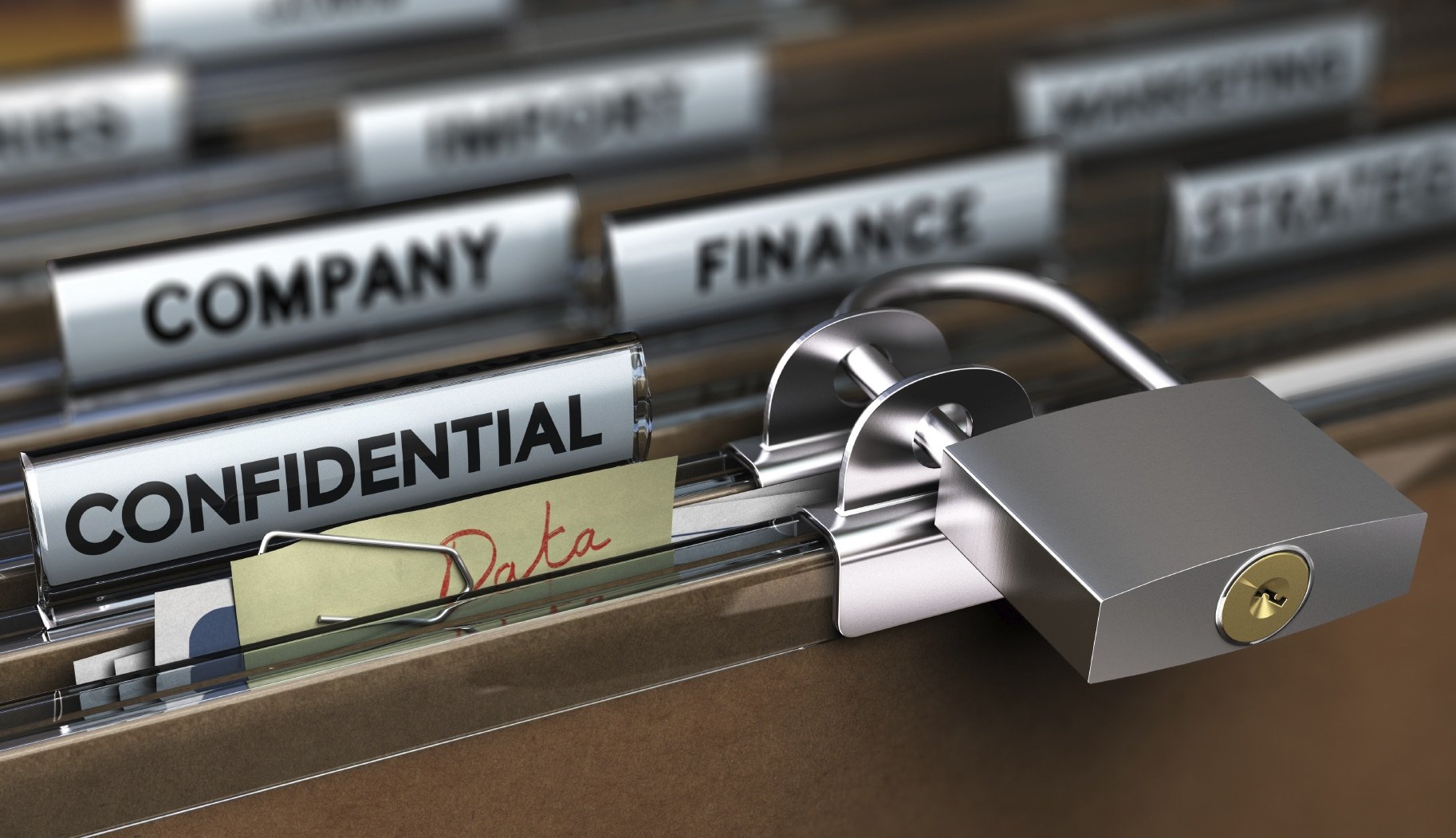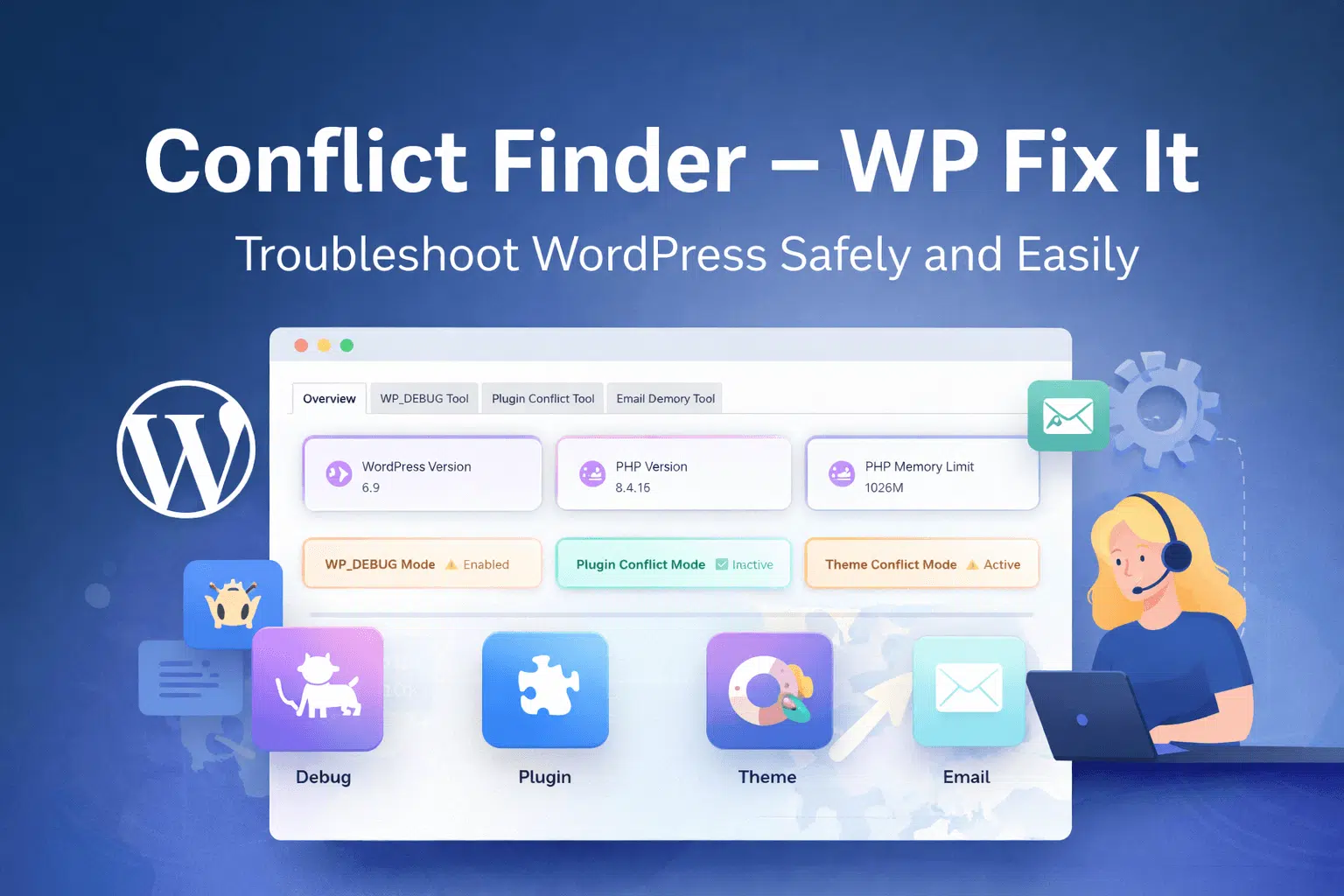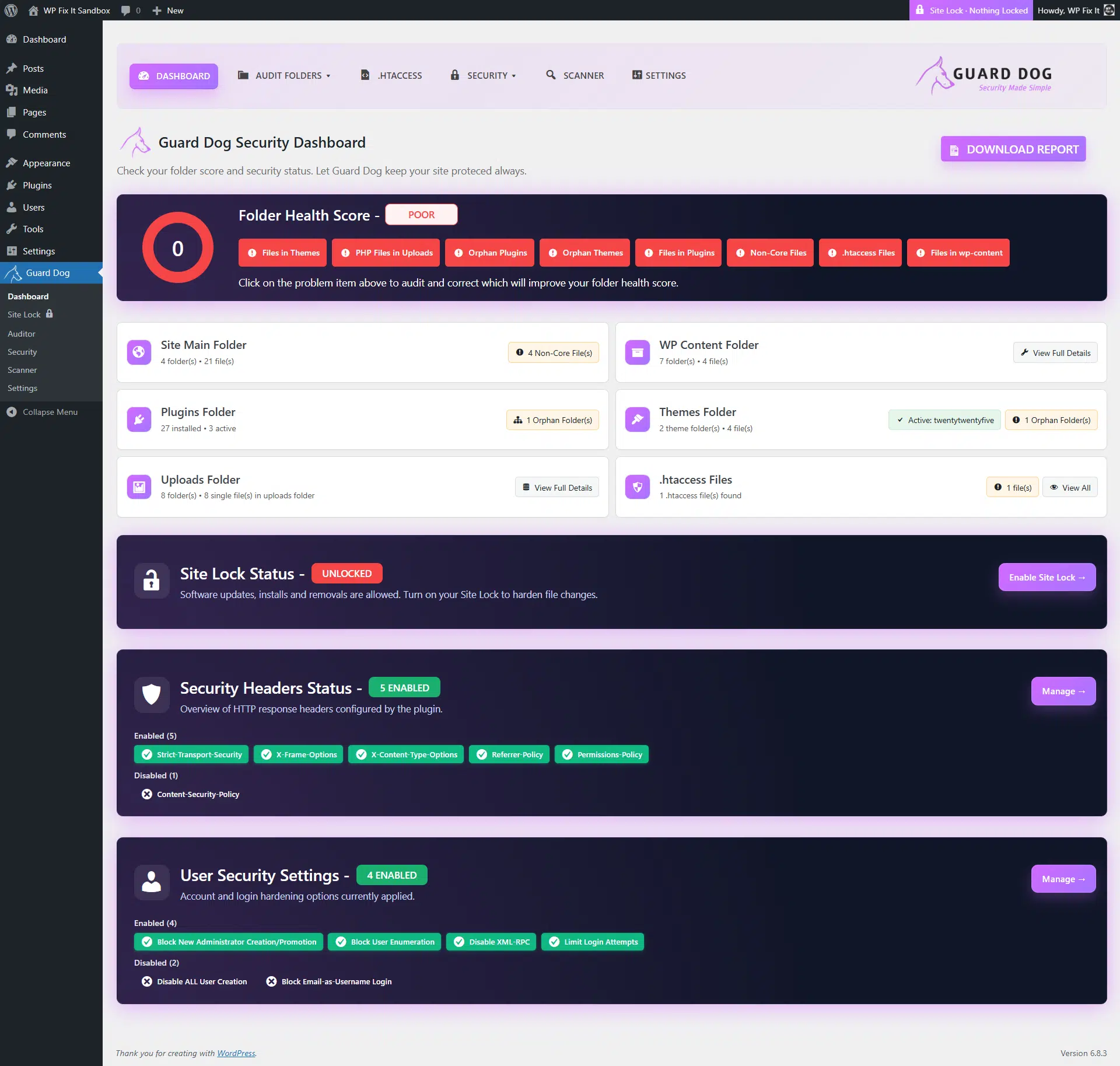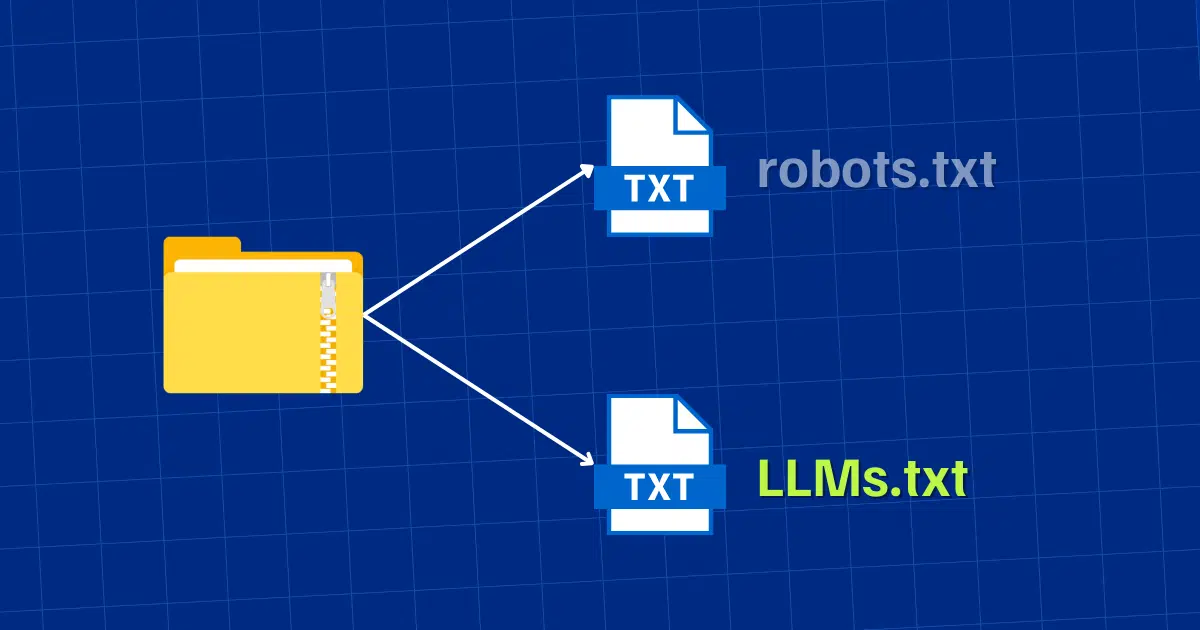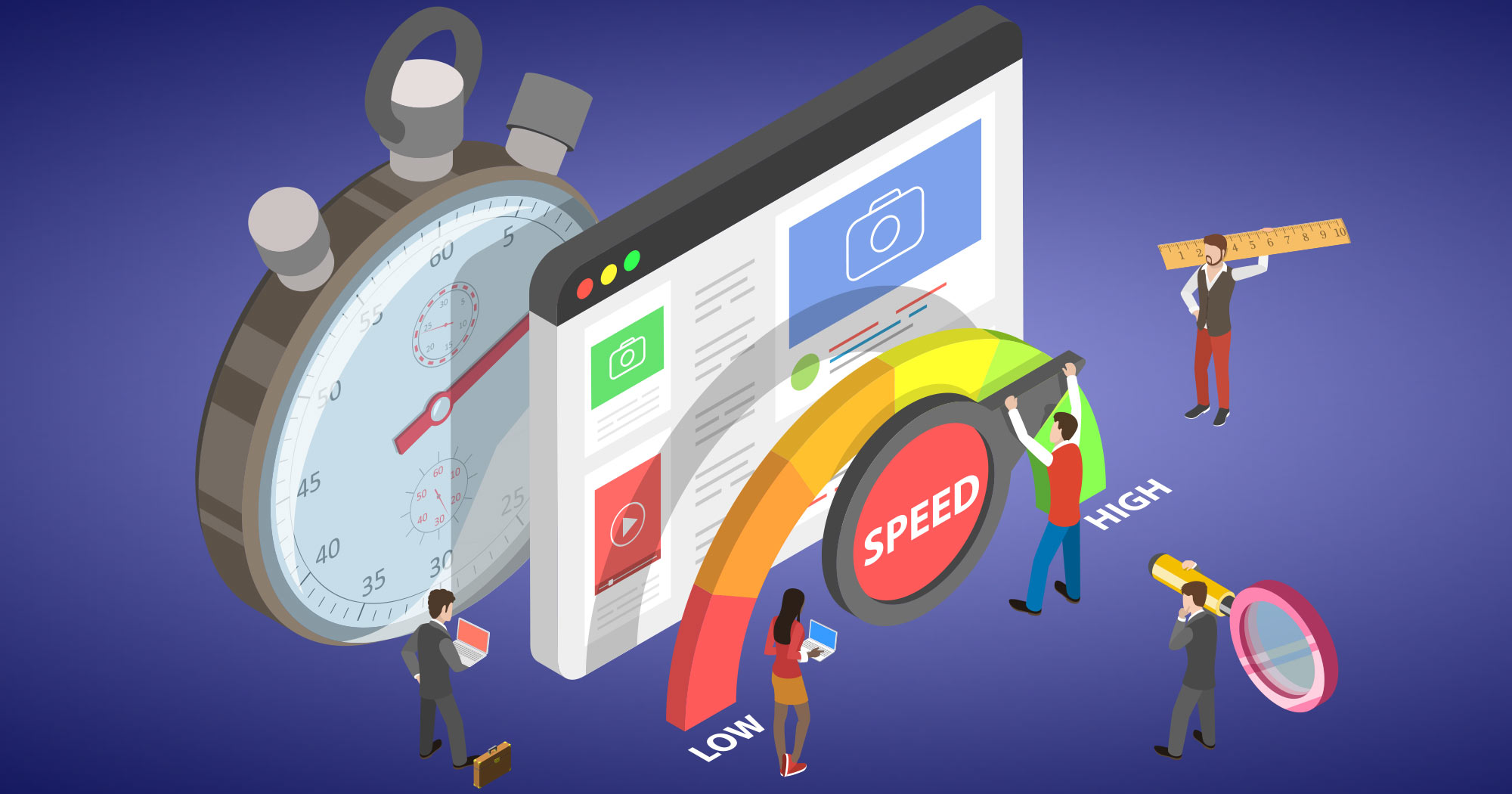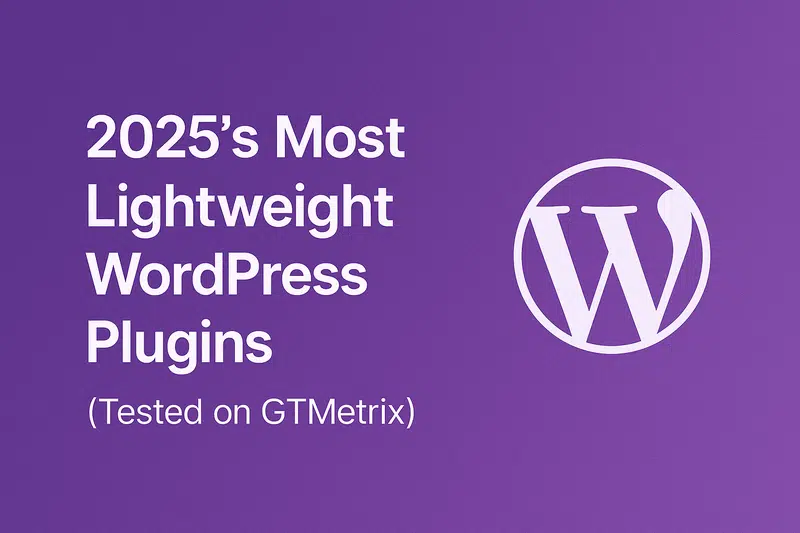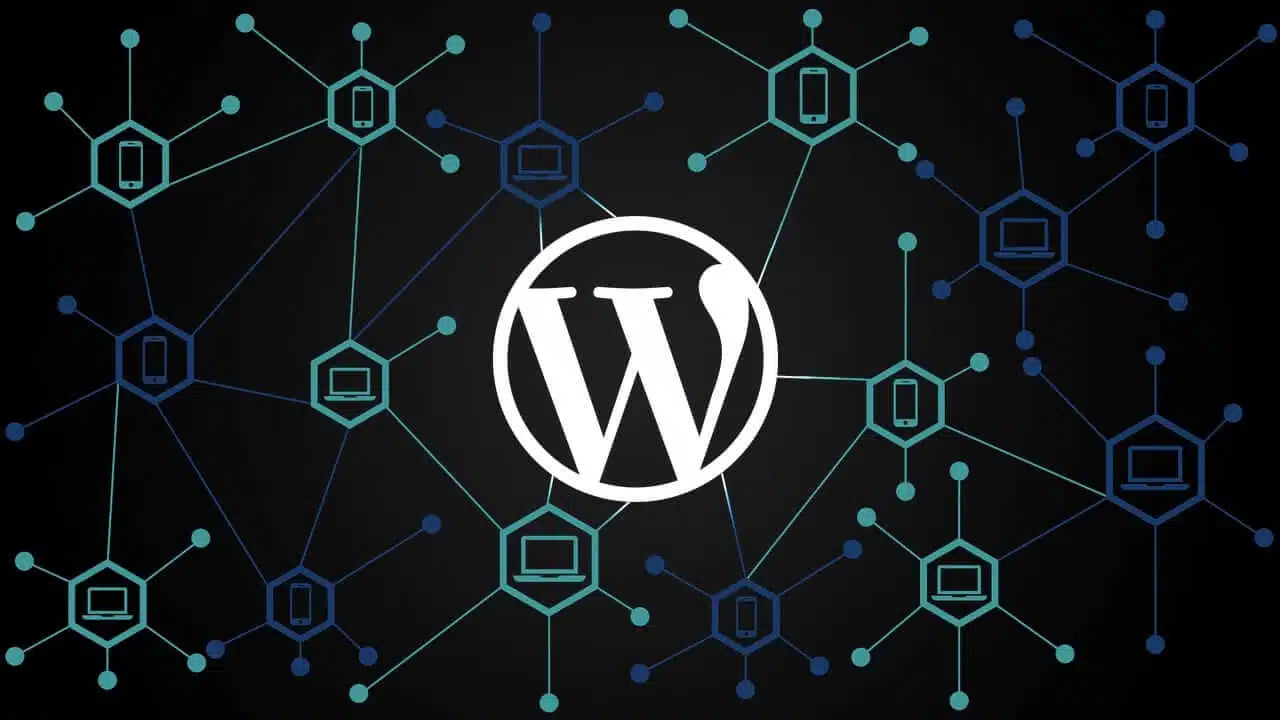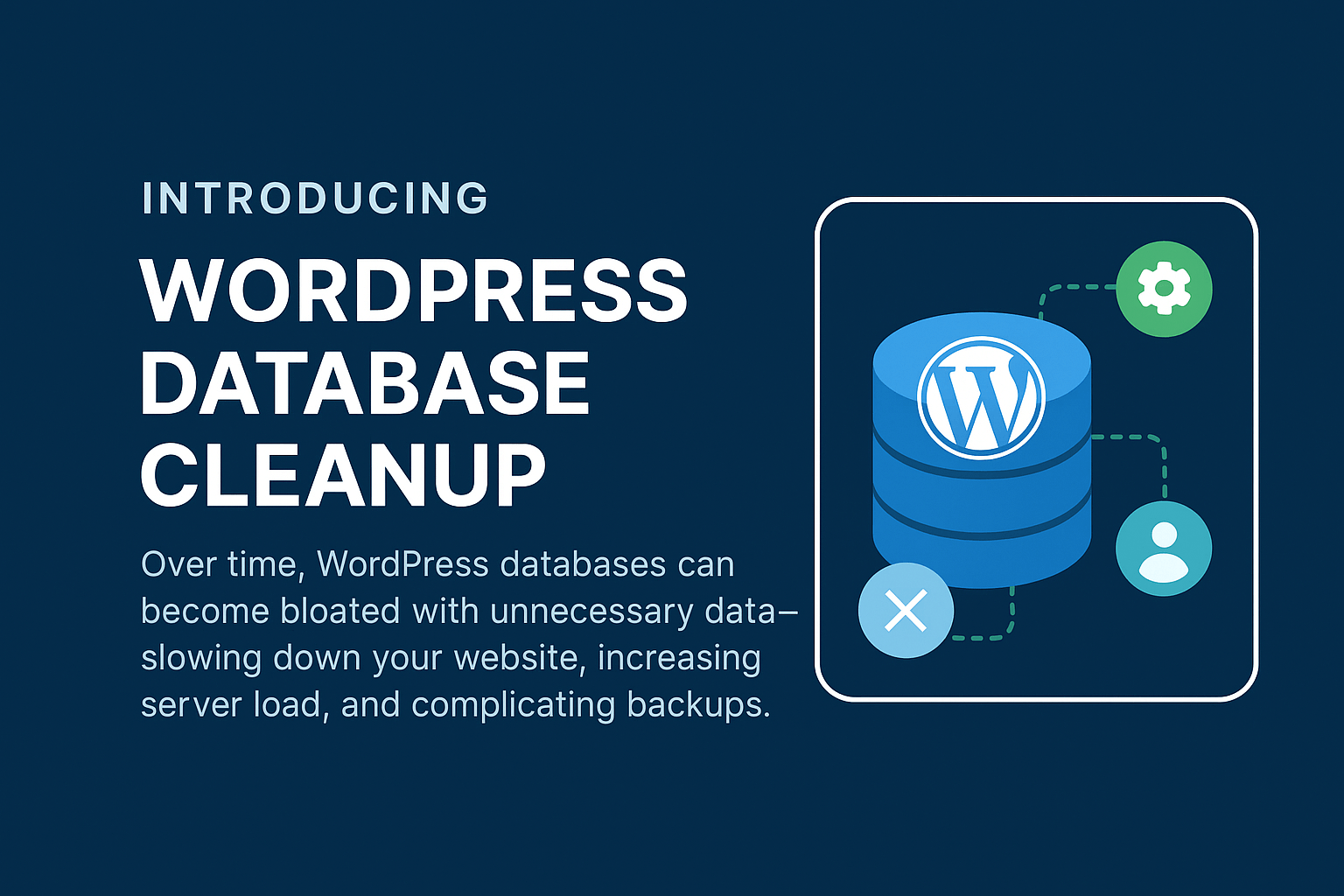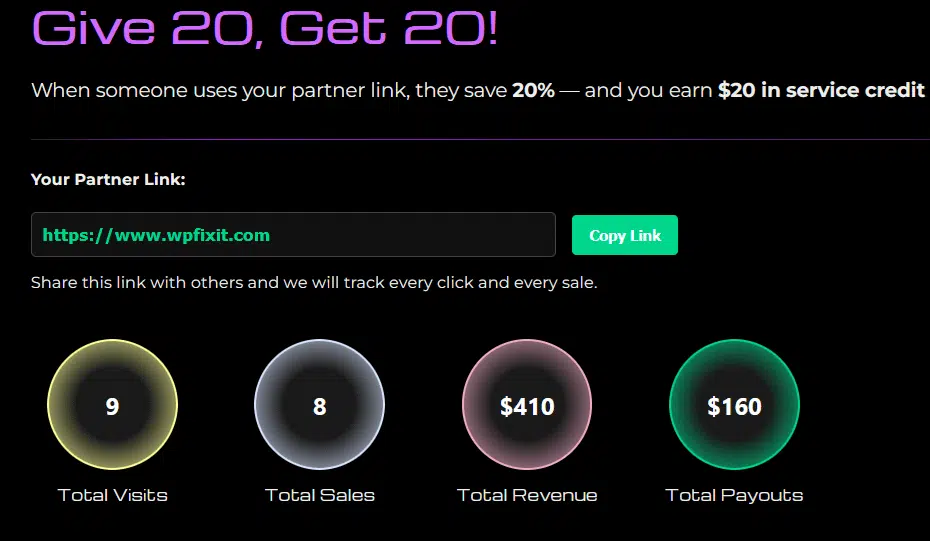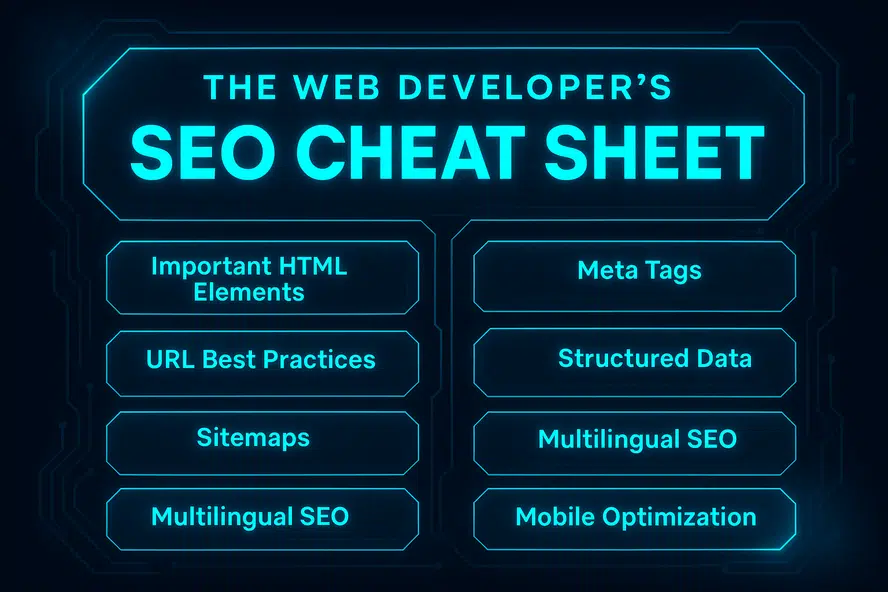Poor WordPress security can be deadly to your website…
It is time to start the fight against Poor WordPress Security! Although WordPress might be easy-to-use and seemingly secure, all WordPress users and site owners are vulnerable to an array of security breaches. Unfortunately, many are unaware of these looming threats, which leads to poorly maintained security and a lack of preparation.
Today, I want to talk about the most common security threats WordPress users face and what they can do to combat them. There are people out there who would use your own content and SEO strategies against you, and you need to be aware of these potentials. Even if you don’t have the technical skills of a developer, this article should help you understand how important site security is.

Bots Can Disrupt Your Analytics – Poor WordPress Security
It surprises many people to hear that “bad” bots can make up 20 percent of all web traffic. By mimicking human-like mouse movements, cycling through random IP addresses, and switching their digital identities, many of these bots fly under the radar. This allows them to get away with a lot, from stealing data to publishing fake reviews.
In order to know for certain that your site and analytics aren’t compromised by bad bots, you’ll need to take some extra security measures. These include:
- “Move” the location of your login page to a place where bots won’t find it. For instructions, check out this helpful resource from Themeisle.
- Installing a trustworthy plugin that can block bad bots. Some good choices for this are StopBadBots and Blackhole for Bad Bots.
- Monitor your data on Google Analytics and watch for suspicious activity.
When you see spam comments pop up on your page or a sudden spike in your WordPress site traffic that doesn’t make sense, raise the alarm. Look into high-powered security plugins that can protect you (and your website) from bots that would do you harm.
People Can Steal Your Account and Credentials – Poor WordPress Security
Does your WordPress URL still say “HTTP” instead of “HTTPS”? If so, that means your WordPress credentials are sent over the internet in clear text whenever you log in and access the dashboard. Other people can then access this information easily and steal your username and password.
One of the best ways to protect your site is to make sure you always access your dashboard over an HTTPS connection. Also, add a two-factor authentication process to your WordPress – this makes it a bit more difficult for attackers to steal information.
Questioning why someone would want to know your password to a WordPress site? Well, think about what they can do with that power. They can log in, change the password, and lock you out while impersonating you to your followers. This could destroy your reputation online and jeopardize your revenue, respectability, and more.
Others May Repost Your Content – Poor WordPress Security
Although you want people to share your content, you certainly don’t want them copying and pasting it in places where it doesn’t belong. Your content belongs to your site with your credentials. When it winds up on another site, you could run into an SEO problem referred to as “duplicate content.”
Why does this impact your WordPress site? Well, Google hates it. The search engine perceives duplicated or copied content as an attempt to deceive its web scrapers to gain a higher ranking. Therefore, Google will often lower the ranking of sites that feature duplicate content.
You might be wondering how you can possibly protect your content from being illicitly duplicated. The best strategy is to prove to Google that you’re the true owner of the content and that you didn’t intentionally duplicate. Continue to allow robots to crawl your URLs so that Google can confirm that your content was the original piece.
Another way to protect yourself is to file a request with Google as soon as you notice your content has been plagiarized. Under the Digital Millennium Copyright Act, Google can immediately remove infringing pages from search results. For help doing that, refer to Google’s “Legal Removal Request” page.
Hackers May Inject Malware – Poor WordPress Security
When you hear people refer to a website as “hacked,” they’re usually referencing an instance in which malware was injected into the website’s files. Whether this is purely a malicious attack or an attempt to gain access to sensitive data, it can wreak a world of havoc on your WordPress site.
One of the predominant reasons why sites become vulnerable to these attacks is that the site is running an outdated version of WordPress. It’s vital that users and site owners continuously update the program whenever possible – WordPress teams are consistently working to protect users with new installations and changes.
Currently, only 32.6 percent of WordPress sites are running on the most updated version of the program. The next time that prompt to update pops up, don’t just ignore it.
Another issue is that there are millions of WordPress plugins, and not all of them are safe. Robert Abela at WP WhiteSecurity stated it’s likely that more than 70 percent of WordPress installations are vulnerable to hacker attacks. The question is, how can you tell if a plugin is safe or not?
Although it can be difficult to determine how trustworthy a plugin is, there are a few red flags to watch out for. First of all, look at the source – the plugin should be coming from a reputable site, not some random blogger or old website. Secondly, pay attention to any reviews that mention “hacking” or “compromised” sites. Those are not to be ignored.
Remember: all plugins should have been recently updated, too.
Last but not least, look at the sheer number of downloads. The more people that have used a plugin without rating it poorly, the more trustworthy it is (ideally). For instance, this Wordfence Security Plugin has more than three million downloads, was updated two days ago, and has a five-star rating with over 3,000 reviews. It’s probably a good bet that it’s safe to install.
In Conclusion – Poor WordPress Security
It’s unfortunate, but those who don’t take the extra steps to improve poor WordPress security could very likely fall prey to the threats we just discussed. Do yourself a favor and prepare for the worst by implementing these protective measures before it’s too late. The more you do to stall hackers and make it difficult to infiltrate your site, the safer your information and content will be.


